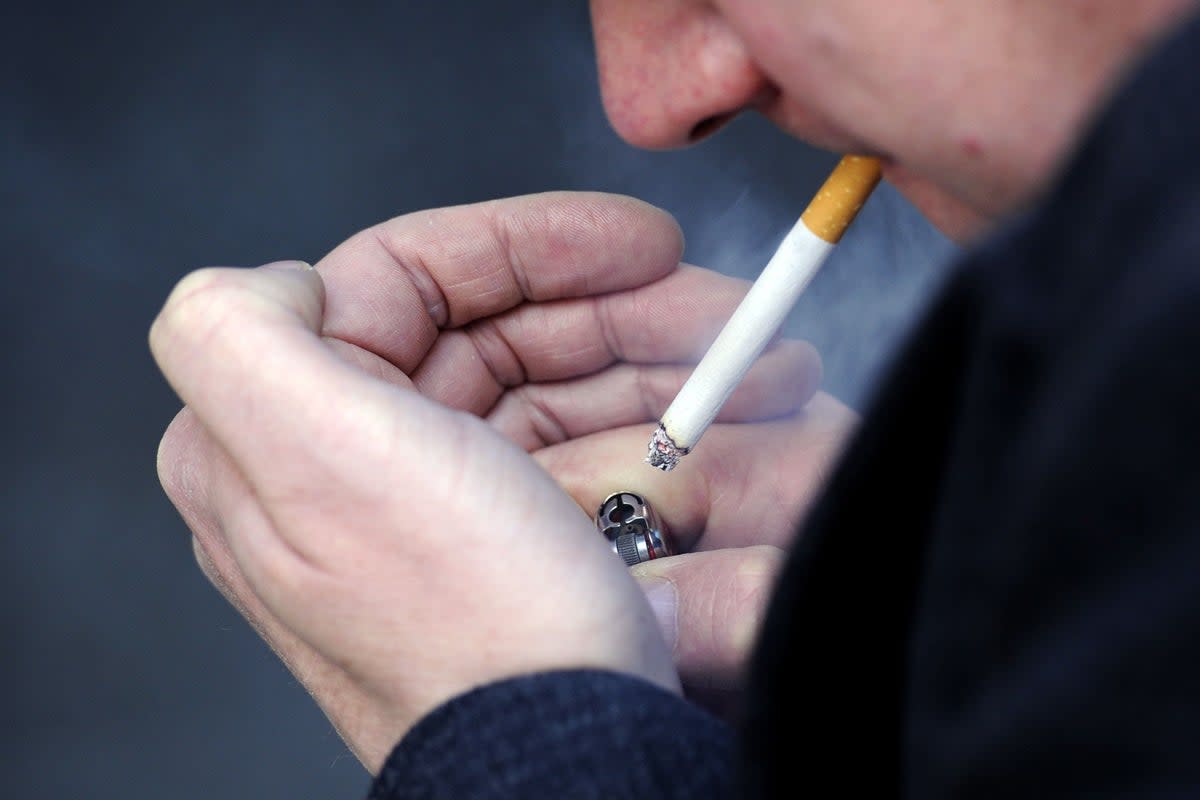Boys who smoke and vape ‘risk passing on damaged genes to their children’

Boys in their early teens who smoke risk passing on damaged genes to their children, increasing the chances of them developing health problems like asthma, obesity and lung conditions, according to a new study.
Scientists at Southampton and Bergen universities warn that vaping could also cause similar health conditions.
The researchers examined nearly 900 people aged between seven and 50 and looked at the smoking behaviour of their fathers.
They found 19 changes across 14 genes associated with asthma, obesity and wheezing in the children of those who smoked before the age of 15. The changes found affected how DNA was packaged in cells (methylation) and how they regulate gene expression (switching them on and off).”
Professor Cecilie Svanes, from Norway’s University of Bergen, said: “Our studies have shown that the health of future generations depends on the actions and decisions made by young people today – long before they are parents – in particular for boys in early puberty and mothers/grandmothers both pre-pregnancy and during pregnancy.”
Dr Negusse Kitaba, research fellow at the University of Southampton, said: “Early puberty may represent a critical window of physiological changes in boys.
“This is when the stem cells are being established which will make sperm for the rest of their lives.”
Professor John Holloway, also based at Southampton and co-author of the study published in Clinical Epigenetics, said there were concerns that nicotine found in vapes could have a similar effect.
He said: “Some animal studies suggest that nicotine may be the substance in cigarette smoke that is driving epigenetic changes in offspring.
“So, it’s deeply worrying that teenagers today, especially teenage boys, are now being exposed to very high levels of nicotine through vaping.
“The evidence from this study comes from people whose fathers smoked as teenagers in the 60s and 70s, when smoking tobacco was much more common.
“We can’t definitely be sure vaping will have similar effects across generations but we shouldn’t wait a couple of generations to prove what impact teenage vaping might have. We need to act now.”
